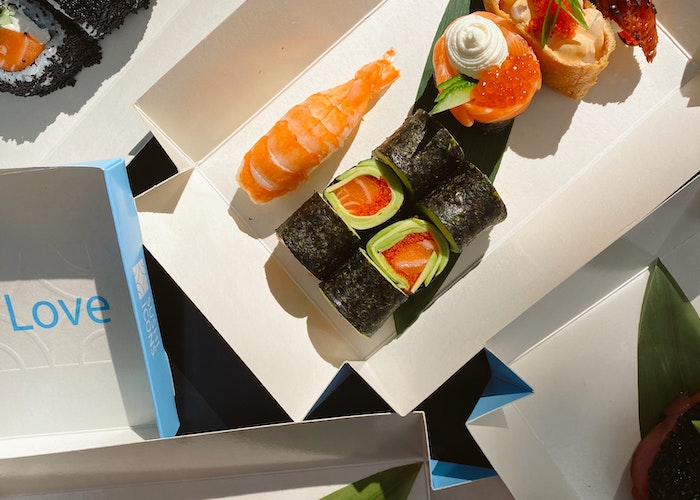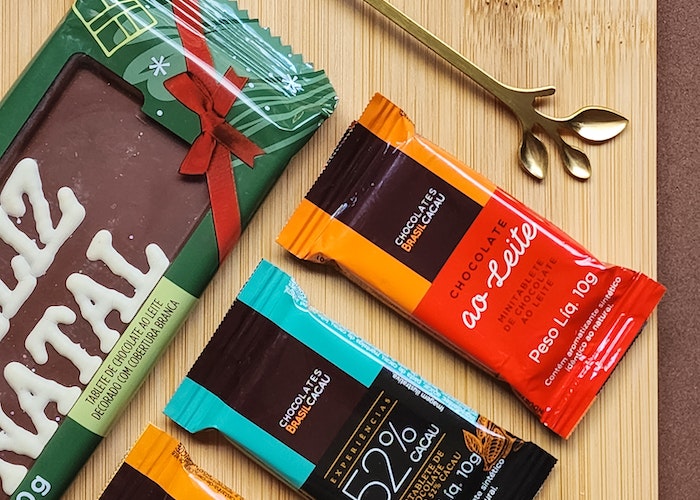In our ongoing efforts to explore sustainable practices in various industries, we had the privilege of interviewing a renowned sustainable food packaging expert. This expert has dedicated their career to researching and implementing eco-friendly solutions in the packaging industry, specifically focusing on food packaging. In this in-depth interview, we delve into their expertise, discussing innovative approaches, emerging trends, and the crucial role of sustainable packaging in reducing environmental impact. Join us as we gain valuable insights from this esteemed professional.

Interviewer: Thank you for joining us today. Could you please introduce yourself and tell us about your background in sustainable food packaging?
Expert: Thank you for having me. My name is Dr. Sarah Mitchell, and I have been working in the field of sustainable food packaging for over a decade. I hold a Ph.D. in Environmental Science and have conducted extensive research on biodegradable and compostable materials. My passion lies in finding practical and sustainable packaging solutions that minimize the environmental footprint of the food industry.
Interviewer: That’s impressive. With the growing concern over plastic waste and its impact on the environment, what are some of the innovative approaches you’ve come across in sustainable food packaging?
Expert: One of the most exciting developments I’ve witnessed is the rise of plant-based materials. These materials, such as cornstarch, sugarcane bagasse, and plant-derived bioplastics, offer a viable alternative to traditional petroleum-based plastics. They are not only renewable but also biodegradable and compostable. Additionally, I’ve seen advancements in packaging designs that optimize material usage, reducing waste and promoting efficient recycling processes. For example, some companies are using molded fiber packaging made from recycled paper pulp, providing a sturdy and sustainable alternative to foam or plastic trays.
Interviewer: That sounds promising. Are there any particular emerging trends or technologies in sustainable food packaging that have caught your attention recently?
Expert: Absolutely. One trend gaining momentum is the use of edible packaging. This innovative approach involves creating packaging materials from edible substances like seaweed or fruit peels. These materials provide an additional layer of protection to the food product and can be safely consumed or composted. Another trend is the integration of smart packaging technologies, such as time-temperature indicators and RFID tags, to monitor the freshness and quality of food products. This not only helps reduce food waste but also promotes sustainability by optimizing inventory management and reducing the need for excessive packaging.
Interviewer: Those trends indeed sound fascinating. In terms of consumer behavior, how receptive do you think people are to sustainable food packaging options?
Expert: Consumer awareness and demand for sustainable packaging have grown significantly in recent years. People are becoming more conscious of the environmental impact of their purchasing decisions and are actively seeking out eco-friendly alternatives. However, there is still work to be done in terms of educating consumers about the benefits and availability of sustainable packaging options. Additionally, affordability and convenience remain important factors for widespread adoption. It’s crucial for businesses to strike a balance between sustainability and practicality to meet consumer expectations effectively.
Interviewer: That’s a valid point. Speaking of businesses, what role do you believe they play in driving the adoption of sustainable food packaging practices?
Expert: Businesses have a significant responsibility in shaping the future of sustainable packaging. By integrating sustainable practices into their operations, they can lead the way in reducing environmental impact. This includes choosing eco-friendly packaging materials, optimizing packaging designs for minimal waste, and implementing efficient recycling and composting systems. Furthermore, businesses can collaborate with suppliers, manufacturers, and policymakers to create a supportive ecosystem that promotes sustainable practices across the entire supply chain.
Interviewer: Excellent insights. Finally, what advice would you give to businesses and individuals looking to make a positive impact through sustainable food packaging?
Expert: Firstly, businesses should prioritize sustainability in their packaging strategies. Conduct thorough research to identify suitable alternatives to traditional plastics and invest in eco-friendly materials. Seek certifications and labels that validate the compostability and biodegradability of packaging options. Secondly, consumers can play an active role by supporting businesses that prioritize sustainable packaging. Make informed choices by opting for products with minimal packaging or those using biodegradable materials. Lastly, continuous innovation and collaboration within the industry are crucial. By sharing knowledge and working together, we can drive the development of new and improved sustainable packaging solutions.

Interviewer: Thank you for sharing your expertise and valuable insights with us today. It has been an enlightening conversation.
Expert: It was my pleasure. Thank you for the opportunity to discuss sustainable food packaging and its importance in building a greener future.
Conclusion:
In this enlightening interview, we gained valuable insights from Dr. Sarah Mitchell, a prominent sustainable food packaging expert. Driven by a passion for minimizing the environmental impact of the food industry, Dr. Mitchell highlighted the importance of innovative approaches and emerging trends in sustainable packaging. From plant-based materials to edible packaging and smart technologies, the industry is evolving to provide eco-friendly alternatives. Moreover, consumer awareness and demand are driving the adoption of sustainable practices. By prioritizing sustainability, businesses can lead the way in implementing effective packaging solutions. With collaboration, education, and continuous innovation, we can work together towards a greener future, where sustainable food packaging becomes the norm.
